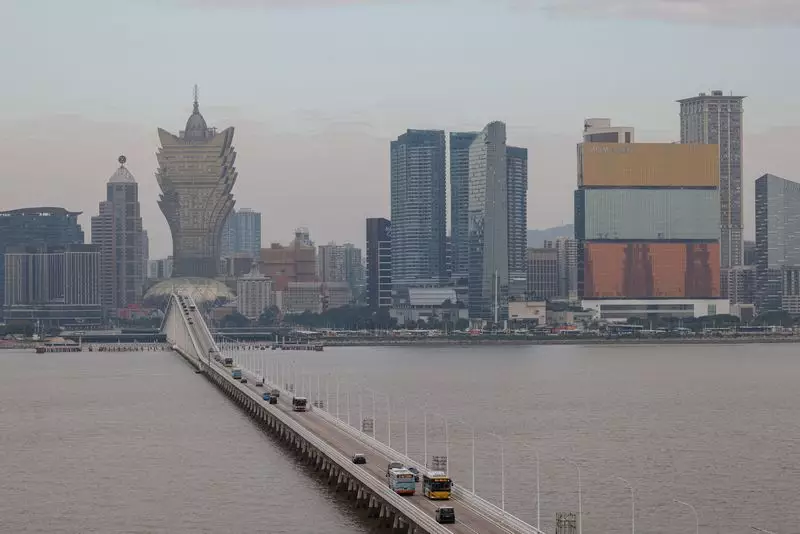In 2024, Macau, the universe’s largest gambling destination, witnessed a remarkable surge in its casino revenues, rising nearly 23.9% from the previous year to 226.8 billion patacas (approximately $28.35 billion). This impressive statistic, however, comes with a caveat: it still falls short of pre-pandemic figures, which stood at 292.5 billion patacas in 2019. Despite the upswing in revenues, there is a clarion call for Macau to rethink its economic strategies, especially given the volatility stemming from external factors, such as government policies and global economic trends.
Seasonal Fluctuations and Political Influence
Interestingly, December 2024 marked a rare decline in revenue, with a 2.0% drop compared to the same month in 2023. This anomaly highlights the susceptibility of the gaming industry to seasonal and political influences. The month’s downturn coincided with a heavily secured visit from Chinese President Xi Jinping, who was celebrating a quarter-century of Beijing’s governance. Such political events can create an atmosphere that deters high-stakes gamblers, showcasing the interwoven nature of politics and business in the region.
Call for Economic Evolution
President Xi’s visit served as a platform to emphasize the urgency of diversifying Macau’s economy. He encouraged the region to embrace new industries and strengthen its ties to mainland China’s national development strategies. This diversification is not merely an aspiration; it is a necessity for sustainable growth. By broadening its economic base, Macau would reduce its dependency on the gaming industry, which constitutes about 80% of its tax revenues.
Xi also pointed to the potential benefits of greater integration with the Greater Bay Area, a dynamic region encompassing Hong Kong, Guangzhou, and other cities. This initiative poses an opportunity for Macau to diversify economically, tapping into sectors such as technology, tourism, and medical services. Engaging more with these sectors could provide a buffer against downturns in the gambling economy, fostering resilience amid global uncertainties.
Another aspect of Xi’s address focused on international cooperation, particularly with Portuguese-speaking nations and participation in China’s Belt and Road Initiative. This ambitious infrastructure and trade plan aims to forge deeper economic ties between China and participating countries. By leveraging its unique position as a bridge between East and West, Macau could attract foreign investment and create avenues for commercial collaboration that extend beyond traditional gaming.
The Road Ahead for Macau
While Macau’s gambling revenues experience a renaissance, the underlying challenges remain. High dependency on a single industry poses risks that could leave the economy vulnerable to fluctuations and policy shifts. Embracing diversification strategies and actively participating in international initiatives could set Macau on a path toward sustainable growth. The narrative of Macau in the future must evolve beyond that of a casino hub—an economic transformation that marries tradition with innovation could redefine its role in the global market.

